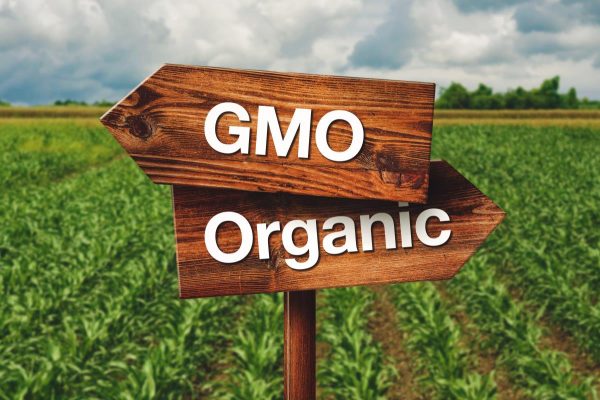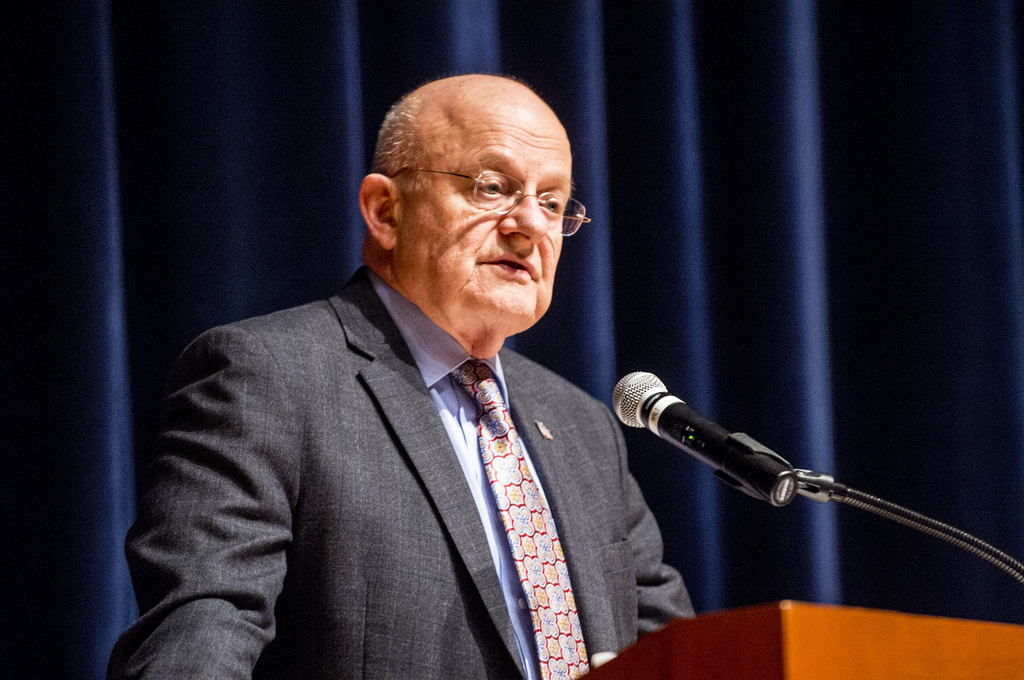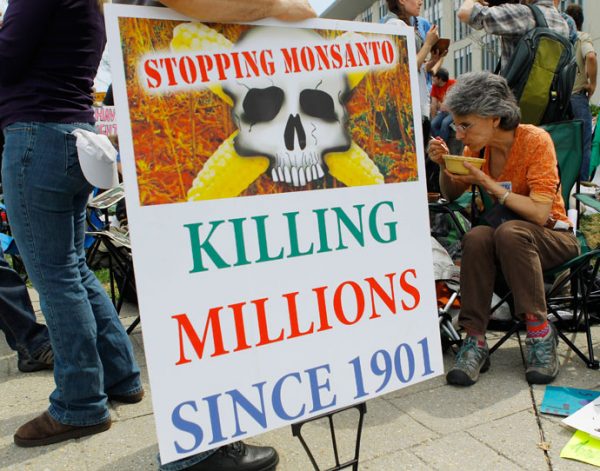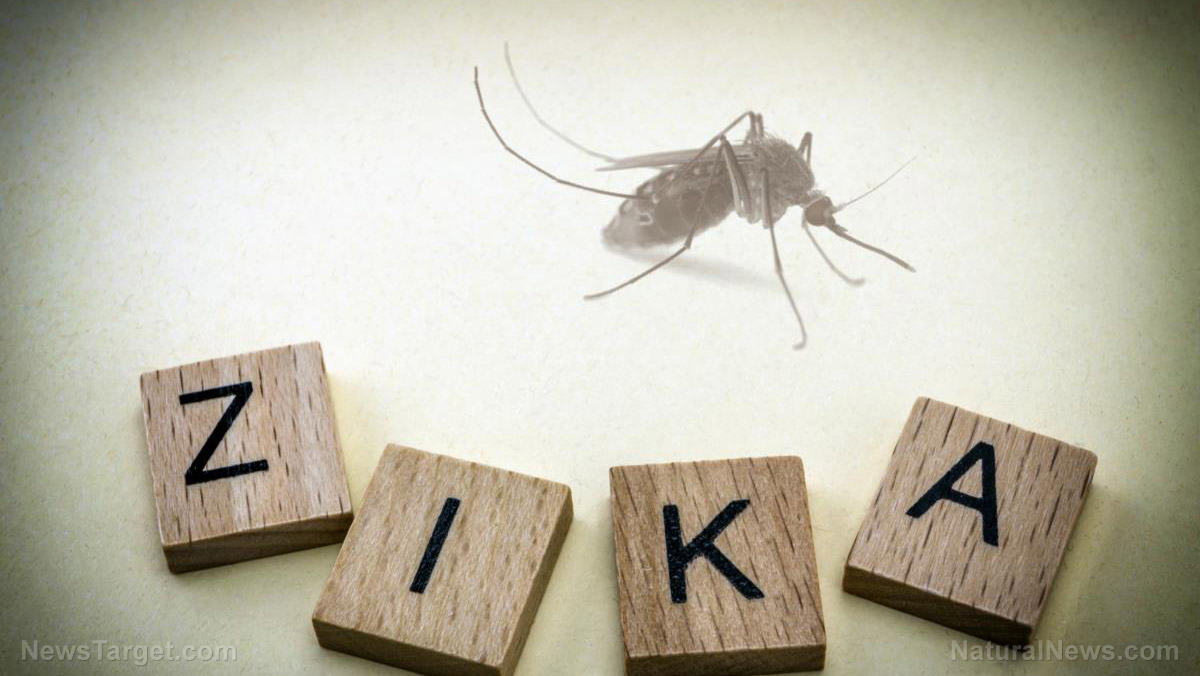Organic Trade Association member revealed to be … guess who? … BASF, one of the leading GMO producers in the world
07/27/2018 / By Tracey Watson

It’s pretty obvious that conventional agriculture giants like Monsanto, DuPont, Syngenta and BASF would have nothing to do with the Organic Trade Association (OTA), right? After all, the OTA is the organization that regulates the organic industry in North America. The company’s LinkedIn page promises:
Focusing exclusively on organic agriculture and products, OTA stays on top of the issues that affect organic trade and takes action as necessary on behalf of its members, connecting them to market trends and industry news, regulatory and legislative advocacy, and consumer education, marketing and public relations resources. OTA’s mission is to promote and protect ORGANIC with a unifying voice that serves and engages its diverse members from farm to marketplace. [Emphasis added]
The company’s mission is therefore pretty clear: It is the voice of the organic industry in North America. It is exclusively focused on the promotion of organic products. It takes action on behalf of its members – and that includes legal action – when necessary. Its sole job is to promote and protect the organic industry.
It is unsurprising, then, that when news broke recently that BASF – the German agri giant which claims to be the “world’s leading chemical company” – is a member of the OTA, shockwaves quickly spread through the organic community. Leading organic food producer, Nature’s Path, was so distressed by the information that the company left the OTA in protest, and other organic industry leaders will likely follow suit in the days to come.
Blatant conflict of interest
As reported by Living Max Well, BASF is a massive worldwide player in the production of genetically modified seeds and toxic chemicals. That includes one of the most toxic pesticides used in conventional agriculture: dicamba. BASF produces a dicamba-based herbicide called Engenia.
Dicamba is a highly volatile herbicide that is often used in conjunction with other toxic chemicals like glyphosate to kill broad-leafed weeds. As noted by the website ClassAction.com, Dicamba is exceptionally prone to drift, which means it easily becomes airborne and drifts onto neighboring farmers’ crops – which can include organic farms.
While farmers would only purposely spray dicamba on crops specially modified to resist the chemical, when it drifts to other non-resistant crops it can leave a trail of destruction. Over 200,000 acres of farmland in Arkansas, Tennessee and Missouri were damaged by dicamba in 2017, leading certain states to limit its use. (Related: Court upholds Arkansas decision to ban dicamba herbicide.)
Use of dicamba has dire effects on human health, too. A study published in 2001 by the American Association for Cancer Research, concluded that “the risk of NHL [non-Hodgkin’s Lymphoma] was statistically significantly increased by exposure to phenoxyherbicides [OR, 1.38; 95% confidence interval (CI), 1.06–1.81] and to dicamba (OR, 1.88; 95% CI, 1.32–2.68).” [Emphasis added]
In addition, a study published in the journal Reproductive Toxicology found that “pre-conception exposure to both cyanazine (odds ratio=4.99, 95% confidence interval: 1.63-15.27) and dicamba (OR=2.42, 95% CI: 1.06-5.53) were associated with increased risk of birth defects in male offspring.” [Emphasis added]
Organic farmers are passionate about protecting the environment and the health of their consumers, and the OTA is supposed to be the voice of the organic industry. It is therefore shocking that the organization would extend membership to a company like BASF which has an obvious and blatant conflict of interest. (Related: Chemical giants have been colluding with regulators to suppress information on the deadly effects of pesticides.)
Learn more about the human and environmental toll of chemicals like dicamba at Pesticides.news.
Sources for this article include:
Tagged Under: agriculture, BASF, chemicals, conflict, conflict of interest, consumer safety, deception, Dicamba, Engenia, food, food supply, harvest, herbicides, organic farming, Organic Trade Association, organics, OTA



















